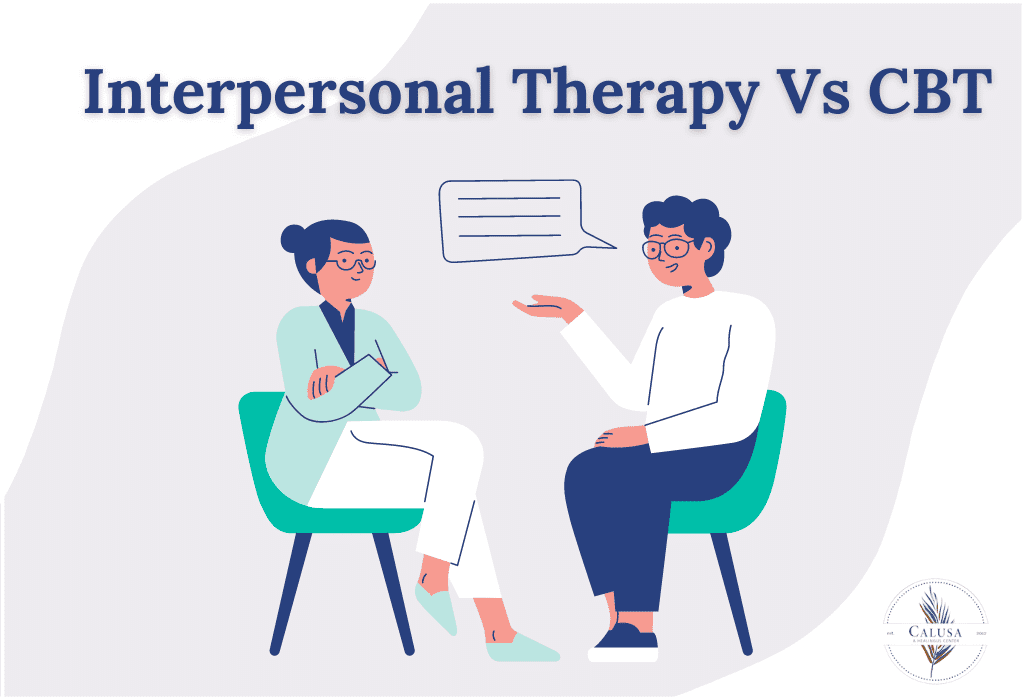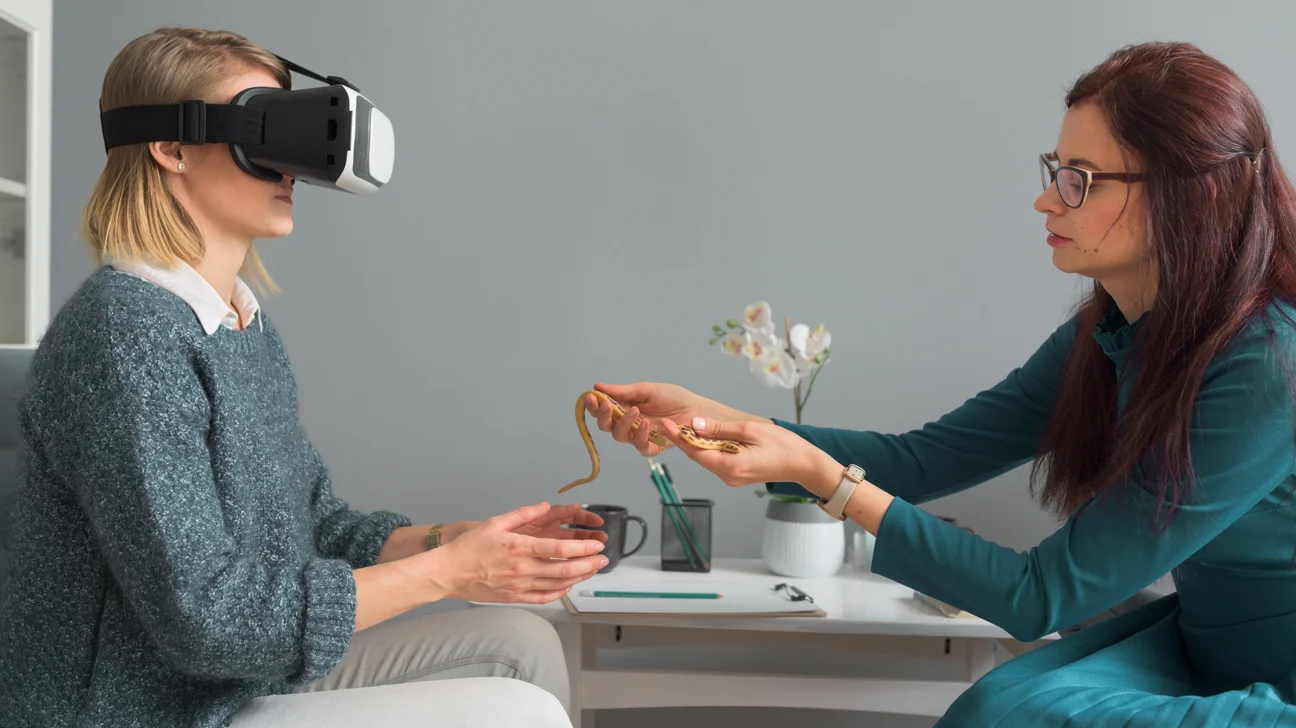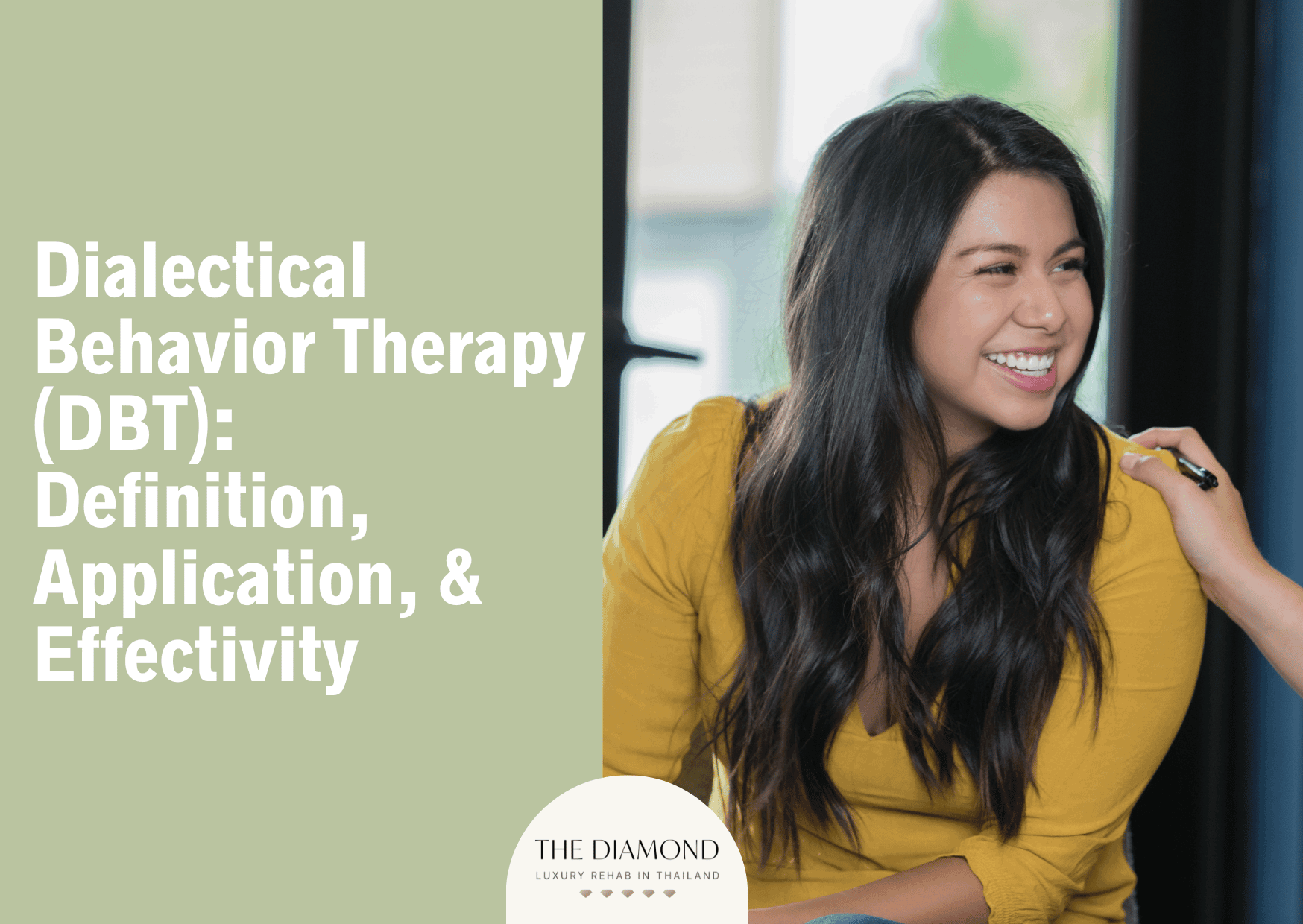While prescription medications can be highly effective for treating anxiety disorders, there are also over-the-counter (OTC) options available. These can provide temporary relief for mild to moderate anxiety symptoms. However, it’s important to consult with a healthcare professional before starting any new medication.
Common OTC Anxiety Medications
- Diphenhydramine (Benadryl): Although primarily used as an antihistamine, diphenhydramine can also have a sedating effect, which can help with mild anxiety.
- Valerian root: This herbal supplement is often used to promote relaxation and reduce anxiety.
- Chamomile: Chamomile tea is a popular natural remedy for anxiety and can be taken as a supplement.
- L-theanine: This amino acid found in green tea can promote relaxation and reduce stress.
- Magnesium: Magnesium deficiency has been linked to anxiety, and taking a magnesium supplement may help alleviate symptoms.
Considerations When Using OTC Anxiety Medication
- Consult a healthcare professional: Before starting any new medication, it’s important to consult with a doctor or pharmacist, especially if you have underlying health conditions or are taking other medications.
- Be aware of side effects: All medications have potential side effects. Read the label carefully and be aware of any potential risks.
- Limit usage: OTC anxiety medications should be used as needed and not as a long-term solution.
- Don’t self-diagnose: If you’re experiencing severe or persistent anxiety, it’s important to see a healthcare professional for a proper diagnosis and treatment plan.
Alternative Approaches to Anxiety Management
In addition to medication, there are many other effective ways to manage anxiety, including:
- Therapy: Cognitive-behavioral therapy (CBT) and other forms of therapy can help you develop coping mechanisms and manage anxiety symptoms.
- Lifestyle changes: Regular exercise, a healthy diet, and adequate sleep can all help reduce anxiety.
- Relaxation techniques: Techniques such as meditation, deep breathing, and yoga can promote relaxation and reduce stress.
While OTC anxiety medications can provide temporary relief, it’s important to remember that they may not be suitable for everyone. If you’re struggling with anxiety, it’s best to consult with a healthcare professional to determine the most appropriate treatment for your needs.




